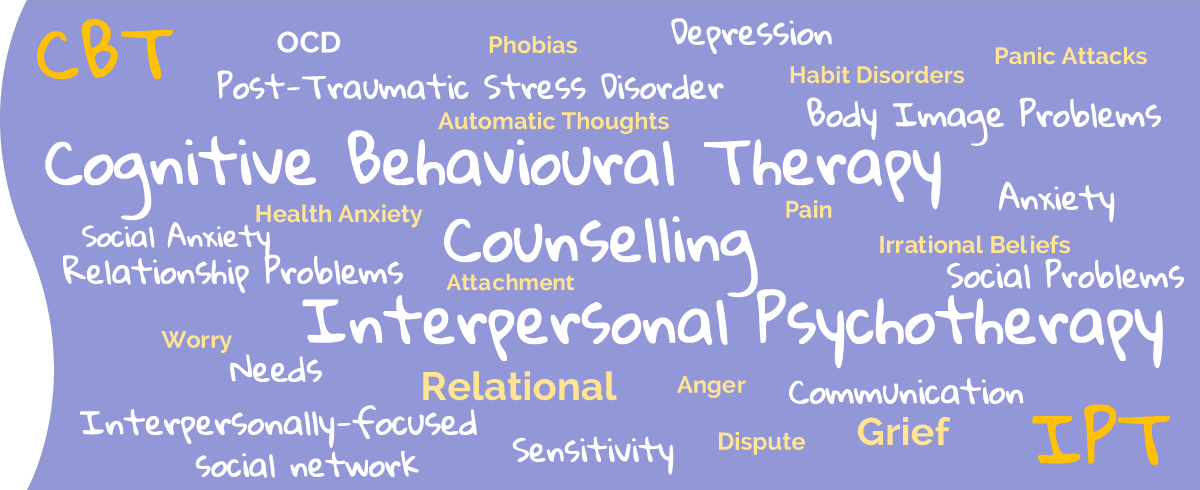

"Helping you to become the best version of you"
If you do not feel that you click with your therapist you may find it difficult to talk about personal issues and to feel safe letting go of fears or trying out new behaviours. You will probably get a sense of how your therapist conducts his or herself from the initial phone contact. If you don't feel comfortable it is perfectly fine to seek out another professional.
It's not always possible to make an appointment, which is understandable. It would be preferable to give at least 24 hours' notice. With less notice, 50% of the session fee will be payable.
IPT lasts for 16 sessions, CBT between 8-12 sessions on average and counselling 6-20 sessions on average.
In order for you to decide what approach to therapy to choose, you will be offered an initial assessment appointment lasting one hour, during which time you will be asked a number of questions pertaining to the following areas:
You will be given an opportunity to ask any questions you might have. You are welcome to attend the Appointment alone or with a friend or family member if you feel more comfortable doing so. By the end of the assessment, you will be asked to decide whether or not you would like to go ahead and book a course of treatment, at which point you will asked to book a treatment slot. All sessions last one hour. The best practice is for weekly sessions, but it is entirely up to you as to the frequency of sessions.
CBT and IPT are very active therapies and most people are successful if they attend regularly, are fully engaged and motivated.
It is good practice for a therapist to be a member of a professional body such as the British Association for Behavioural & Cognitive Psychotherapies (BABCP). All BABCP members are bound by the BABCP Ethical Framework for Good Practice which sets the standards for good and ethical therapeutic practice. If you're unsure about a therapist's qualifications, you can also contact their professional body in order to verify these.
Your initial enquiry, and all further contact with Walnut Tree Therapies, is treated with the utmost confidentiality.
Therapy can be face-to-face, via the telephone or Skype and on-line. Walnut Tree Therapies offer face-to-face, telephone and on-line therapy and counselling.
Face-to-face refers to therapy happening on a one-to-one basis in a clinic environment where you and your therapist will meet together throughout your course of therapy. Telephone therapy is where therapy is conducted over the telephone only, unless you decide to do this in conjunction with face-to-face, you will never meet the therapist. Telephone therapy is useful if you are not able to travel for a face to face appointment.
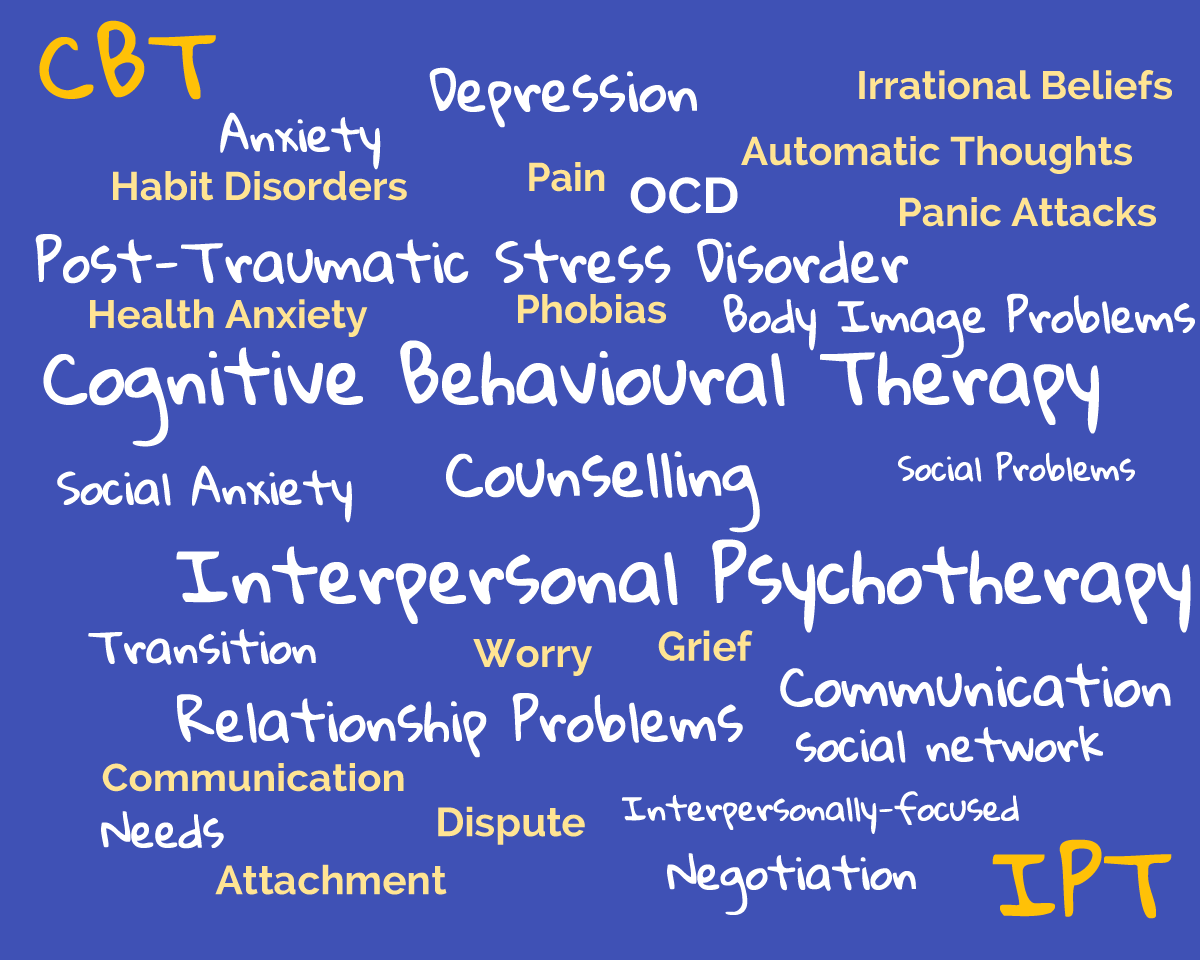
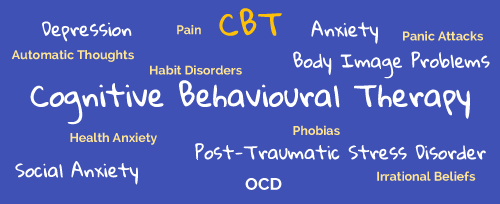
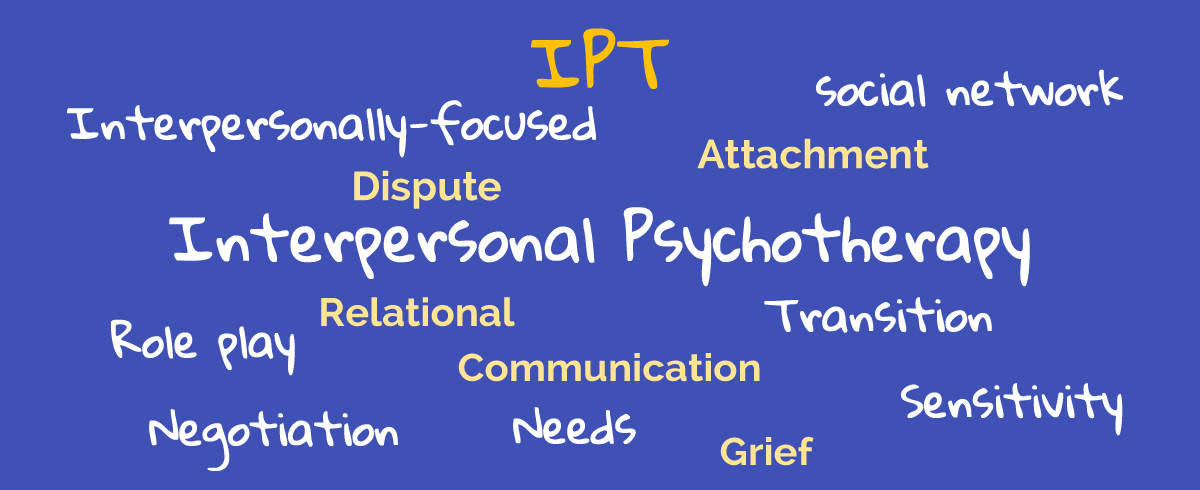
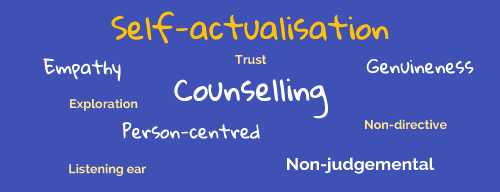
Copyright © 2016 Walnut Tree Therapies. All Rights Reserved.